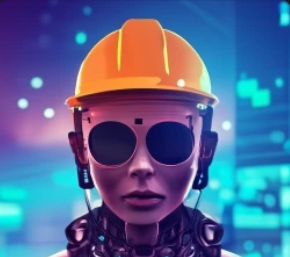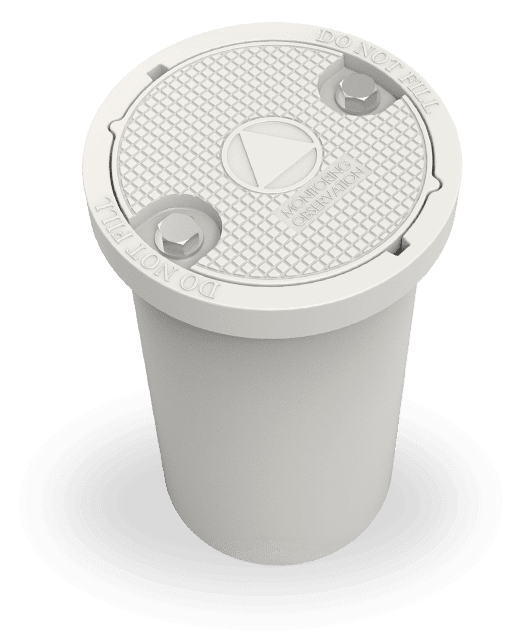
A.I. Impact on Geotechnical Drilling
The geotechnical drilling industry is an important part of the infrastructure development process, providing crucial information about the ground beneath our feet. Geotechnical drilling involves drilling holes into the ground to collect soil and rock samples, as well as to measure various parameters such as groundwater levels, soil properties, and rock strength. This information is used to design foundations, tunnels, bridges, and other infrastructure projects.
With the advent of artificial intelligence (AI) and machine learning, the geotechnical drilling industry is set to undergo significant changes. AI technologies have the potential to revolutionize the way we collect and analyze geotechnical data, making it faster, cheaper, and more accurate. In this blog post, we will explore how AI will affect the geotechnical drilling industry.
Automated drilling and sampling
One of the main applications of AI in geotechnical drilling is automating the drilling and sampling process. AI-powered drilling rigs can be programmed to drill and collect soil samples with a high degree of precision, reducing the risk of errors and improving the accuracy of data collection. This can save time and labor costs for drilling companies, as well as improve the quality of data collected.
Real-time data analysis
Another application of AI in geotechnical drilling is real-time data analysis. AI algorithms can analyze data collected from drilling rigs, sensors, and other sources in real-time, providing engineers with instant feedback on soil properties, rock strength, and other parameters. This can help engineers make more informed decisions about the design of infrastructure projects, as well as identify potential hazards and risks.
Predictive modeling
AI technologies can also be used to develop predictive models of geotechnical properties. By analyzing large datasets of geotechnical data, AI algorithms can identify patterns and trends that are not visible to human analysts. This can help engineers predict the behavior of soil and rock under different conditions, such as earthquakes or heavy rainfall, and design infrastructure projects accordingly.
Improved safety
AI technologies can also improve safety in the geotechnical drilling industry. By automating drilling and sampling, AI-powered rigs can reduce the risk of accidents and injuries, as well as minimize the exposure of workers to hazardous materials. Real-time data analysis and predictive modeling can also help identify potential hazards and risks, allowing engineers to design safer infrastructure projectsCost savings
Finally, AI technologies can help reduce the cost of geotechnical drilling. By automating drilling and sampling, AI-powered rigs can reduce labor costs and improve the efficiency of data collection. Real-time data analysis and predictive modeling can also help engineers make more informed decisions about the design of infrastructure projects, reducing the risk of costly errors and delays.
In conclusion, AI technologies have the potential to revolutionize the geotechnical drilling industry, improving the efficiency, accuracy, and safety of data collection, analysis, and modeling. As AI technologies continue to evolve, we can expect to see even more innovative applications in the geotechnical drilling industry in the years to come.
Thanks for reading! For more, you can follow us on social:


Sorry, the comment form is closed at this time.